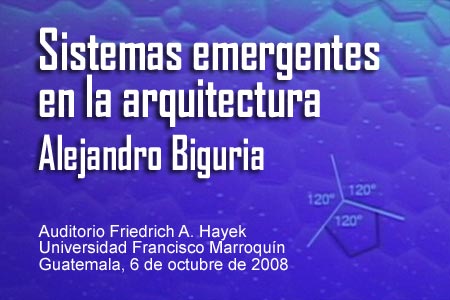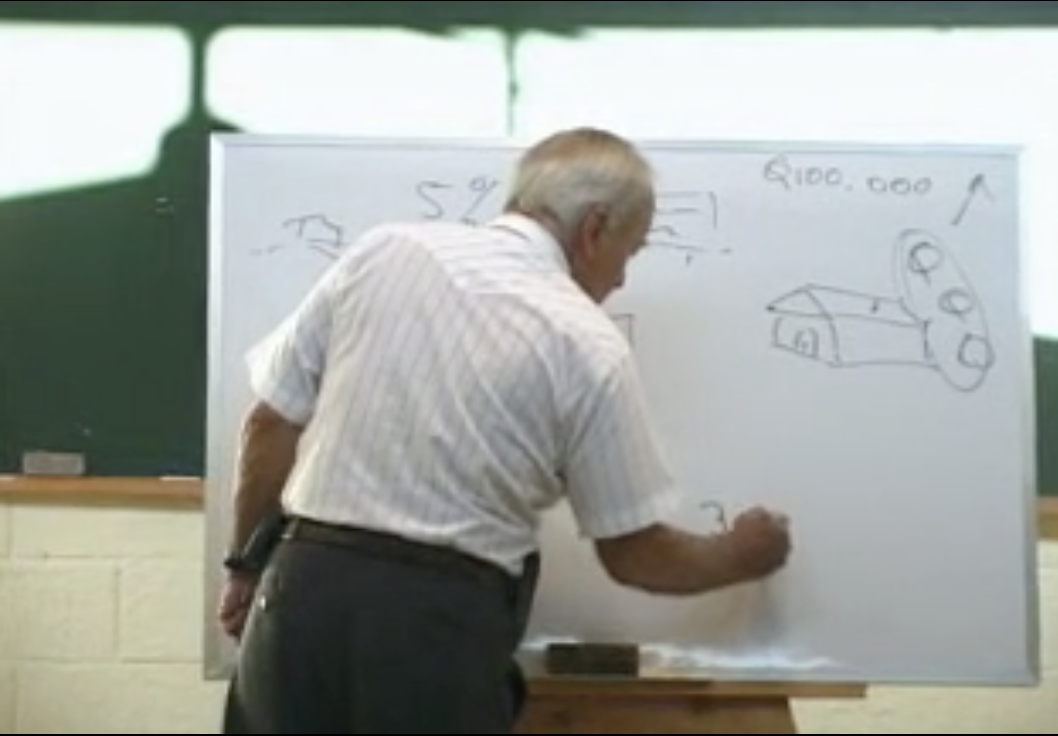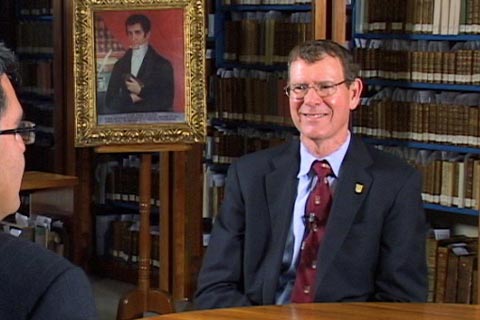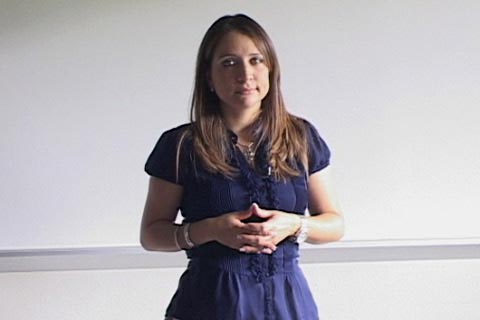About this videoGeorgia Harper, scholarly communications advisor for the University of Texas Libraries in Austin, discusses copyright law in the United States and Guatemala and the significance of digitizing published works for the preservation of history and culture. She explains that current copyright laws have limitations regarding works with unclear property status only allowing digitization in cases of works in the public domain. Throughout her presentation Harper offers several recommendations for reducing legal risks when using orphan works. |
|
CreditsCopyright Law and Mass Digitization
| |











